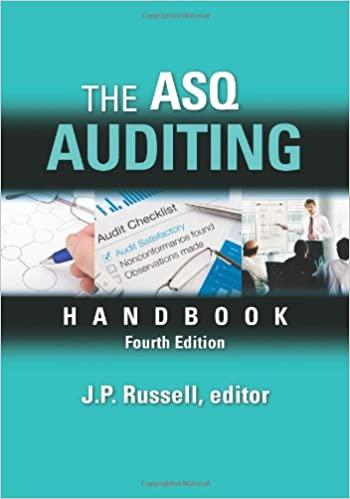Freebie 1: Given r = 18%, t = 5 years, and monthly compounding- find i and n. A) i = 1.5%, n = 20 B) i = 3.6%, n = 60 C) i = 1.5%, n = 60 D) i = 3.6%, n = 60 E) i = 2.5%, n = 60 Freebie 2- you're on your own after this: Find the sample interest this: P = $200, r = 5%, t = 4 years A) I = $40 B) I = $10 C) I = $20 D) I = $80 E) I = $60 Calculate the balance after five years if $3000 is deposited at 6.2% simple interest. A) $4000.00 B) $3276.00 E) $3704.32 C) $4380.00 D) $4658.38 E) $3704.32 Jane wants $80,000 in ten years to purchase an Rv. How much should she deposit at the end of each month into an account that earns 3% interest compounded monthly in order to reach her goal? A) $666.67 B) $71.19 C) $7910.41 D) $416.67 E) $572.49 If you deposit $20,000 into a fund earning 8% interest compounded quarterly, how much can you withdraw at the end of each quarter for the next five years (assume a zero balance after the last withdrawal)? A) $1000.00 B) $1060.79 C) $2037.04 D) $4243.17 E) $1223.13 Quarterly payments are made on a $100,000 loan with an annual rate of 6%. How much of the first quarterly payment will go toward the interest? No, you don't need the payment to answer this. A) $1500 B) $750 C) $2500 D) $1250 E) $2000 You just inherited $70,000 from Uncle Professor. What lump sum portion of this money should be invested now at 6% compounded daily (assume 365), to yield $100,000 in 10 years? Round to nearest dollar. A) $20 B) $54, 884 C) $70,000 D) $99, 836 E) $48, 255 If you pay $4500 for a simple interest T - bill that will mature to $5250 in 3 months, what annual simple interest rate will you earn? (Compute the answer to one decimal place) A) 48.2% B) 66.7% C) 36.4% D) 61.5% E) 98.4% What is the APY for money invested at 7% compounded monthly. A) 725% B) 6.98% C) 7% D) 7.23% E) 7.31% Which of the 3 investments yield the HIGHEST Return on your money over a 10 yr period. X = $800, r = 5%, compounded quarterly; Y = $850, r = 5%, simple interest; Z = $780, r = 5% compounded continuously, W = $825 placed in a shoebox;) A) W B) X C) Y D) Z E) t Solve for r to the nearest 100th of a percent: 10,000 = 2500 (1 + r)^20 select the correct calculation. A) r = 20 Squareroot 4 - 1 B) r = Squareroot 4 - 1 C) r = 4^20 - 1 D) r = ln(4) - 1







